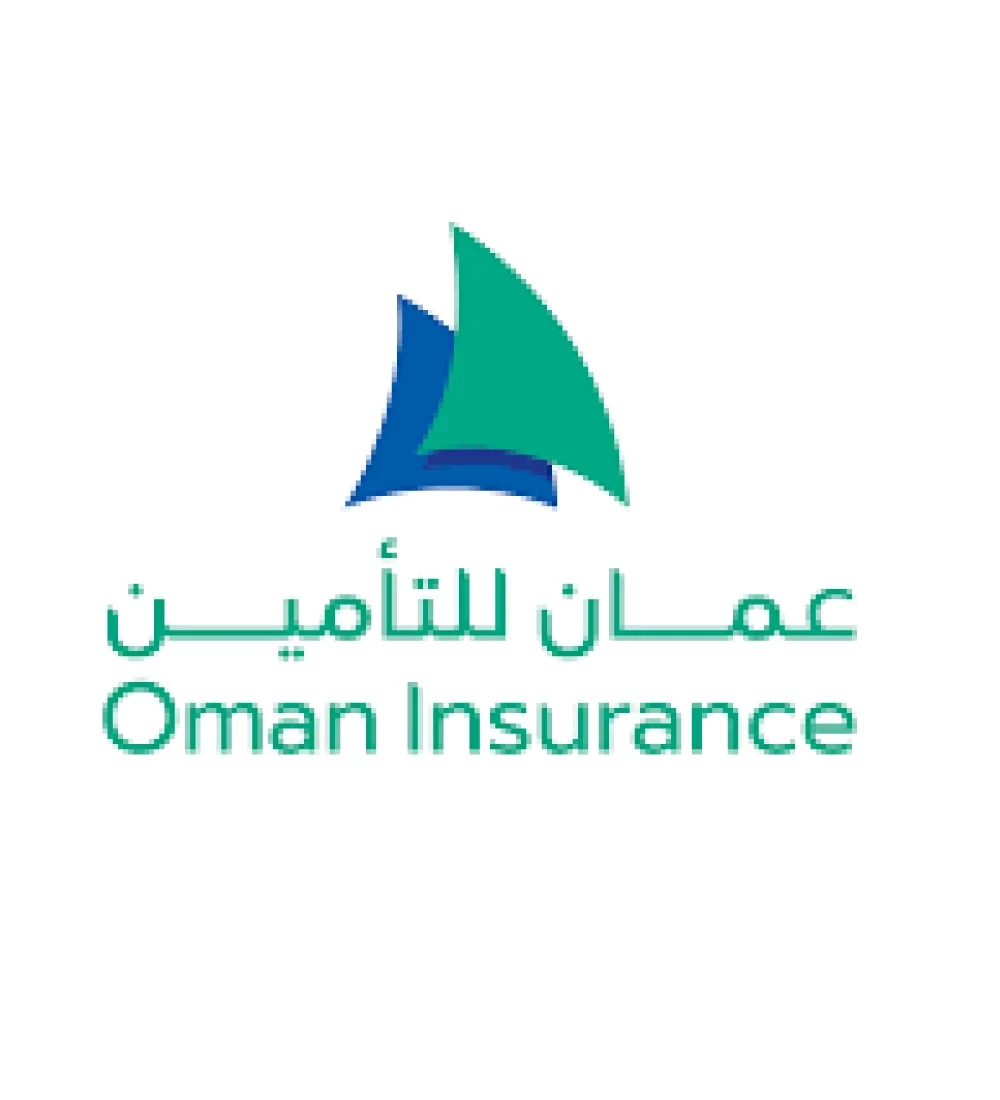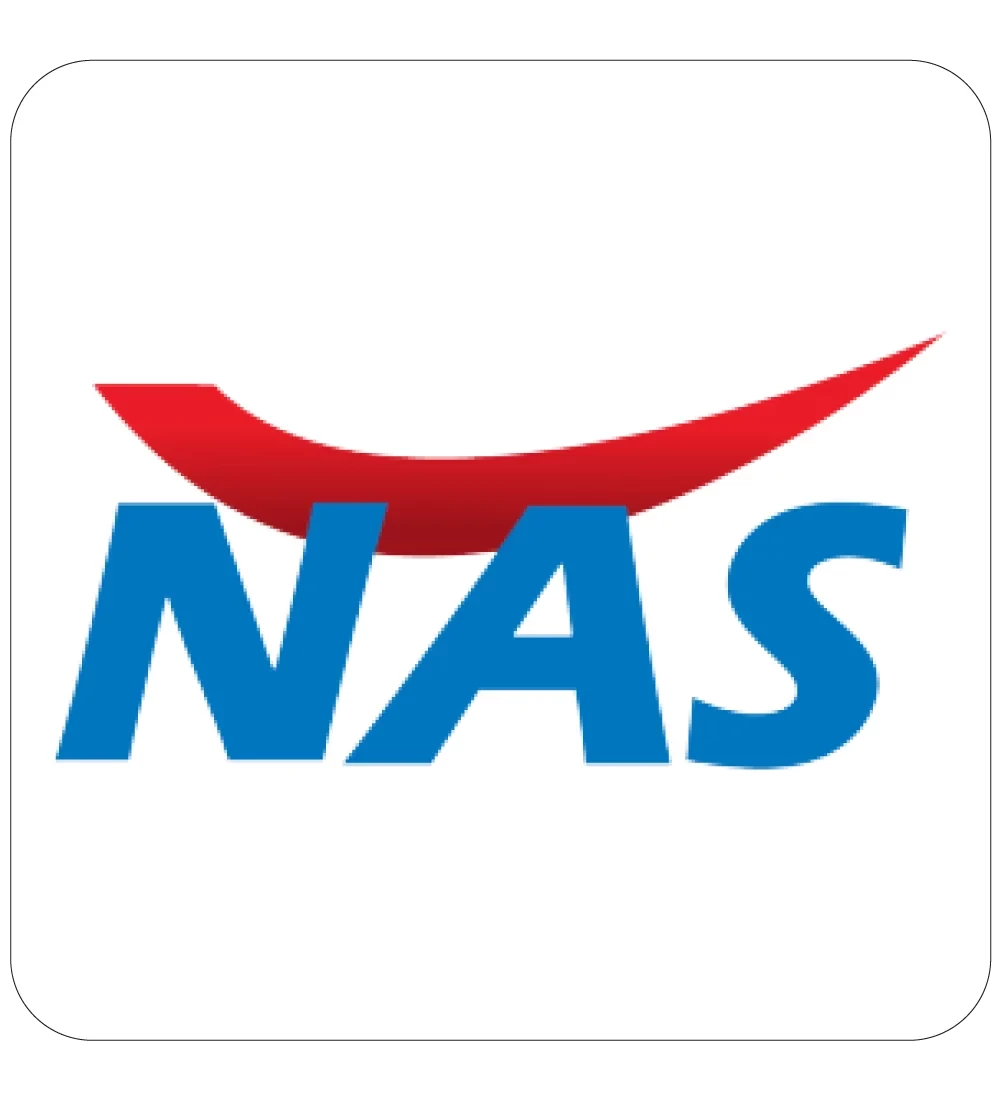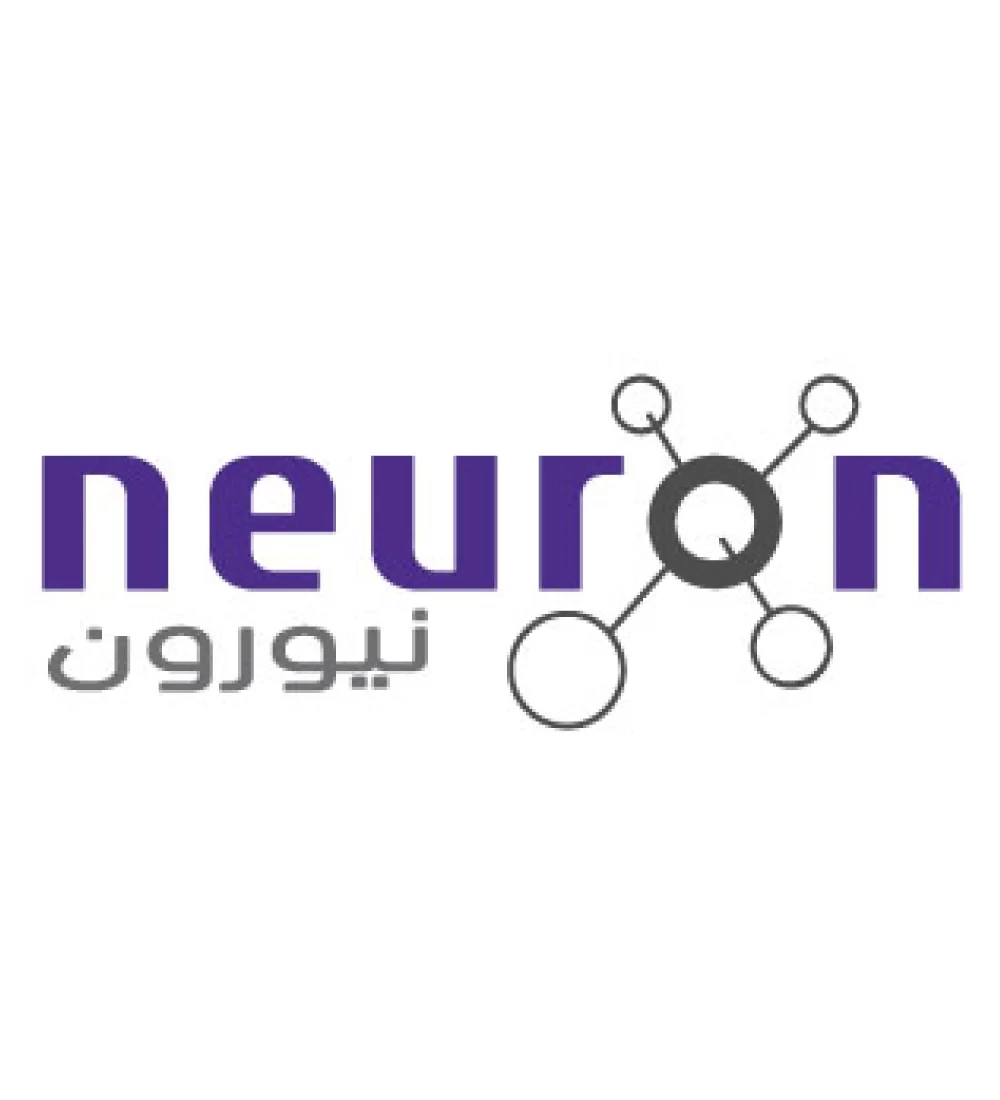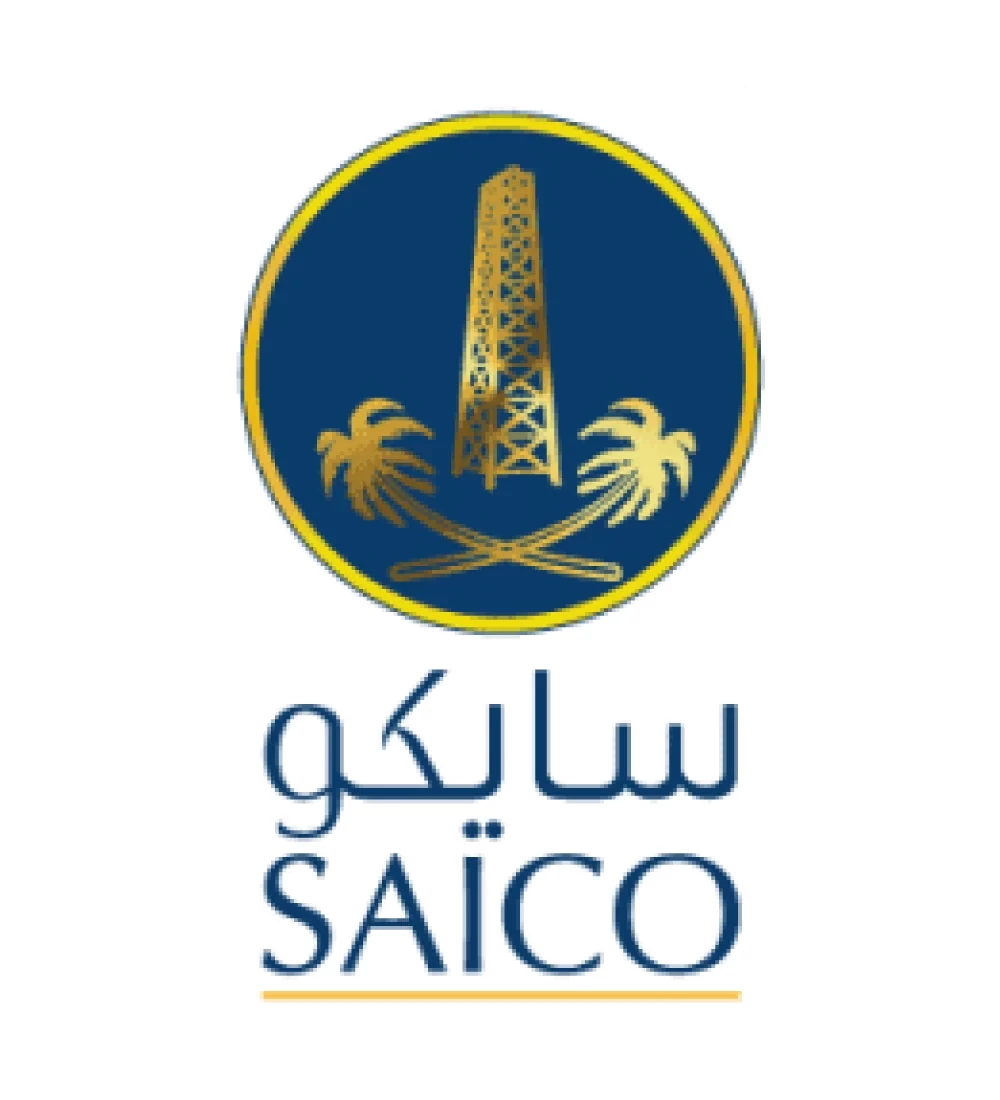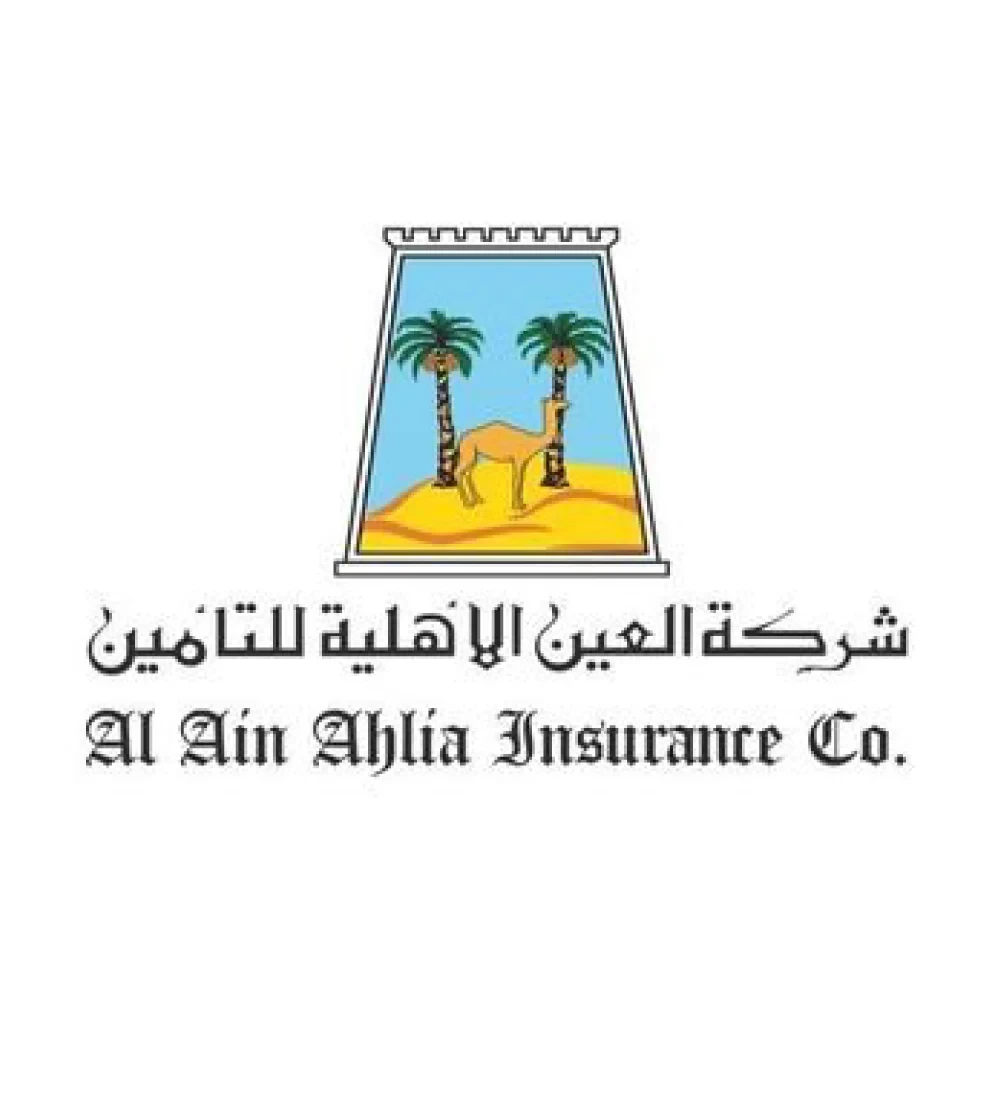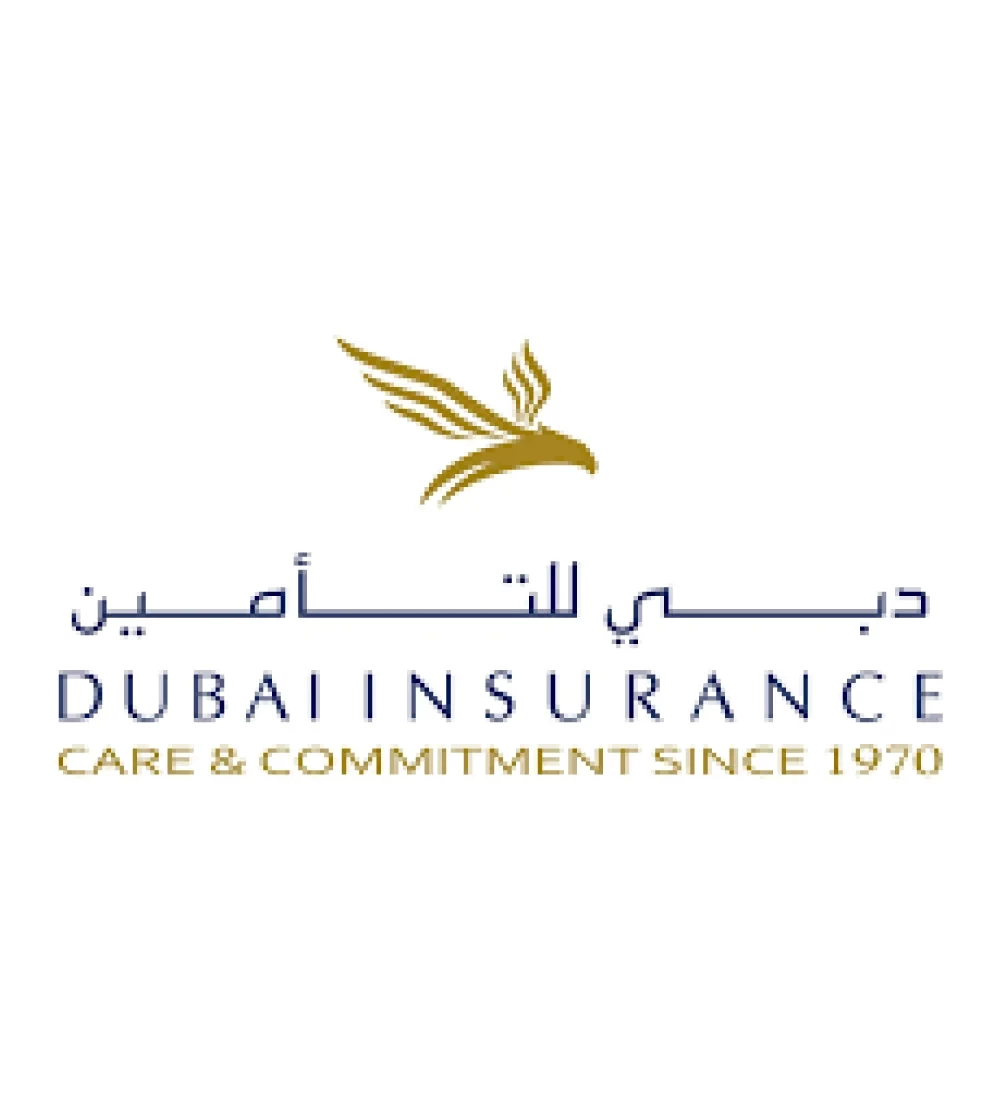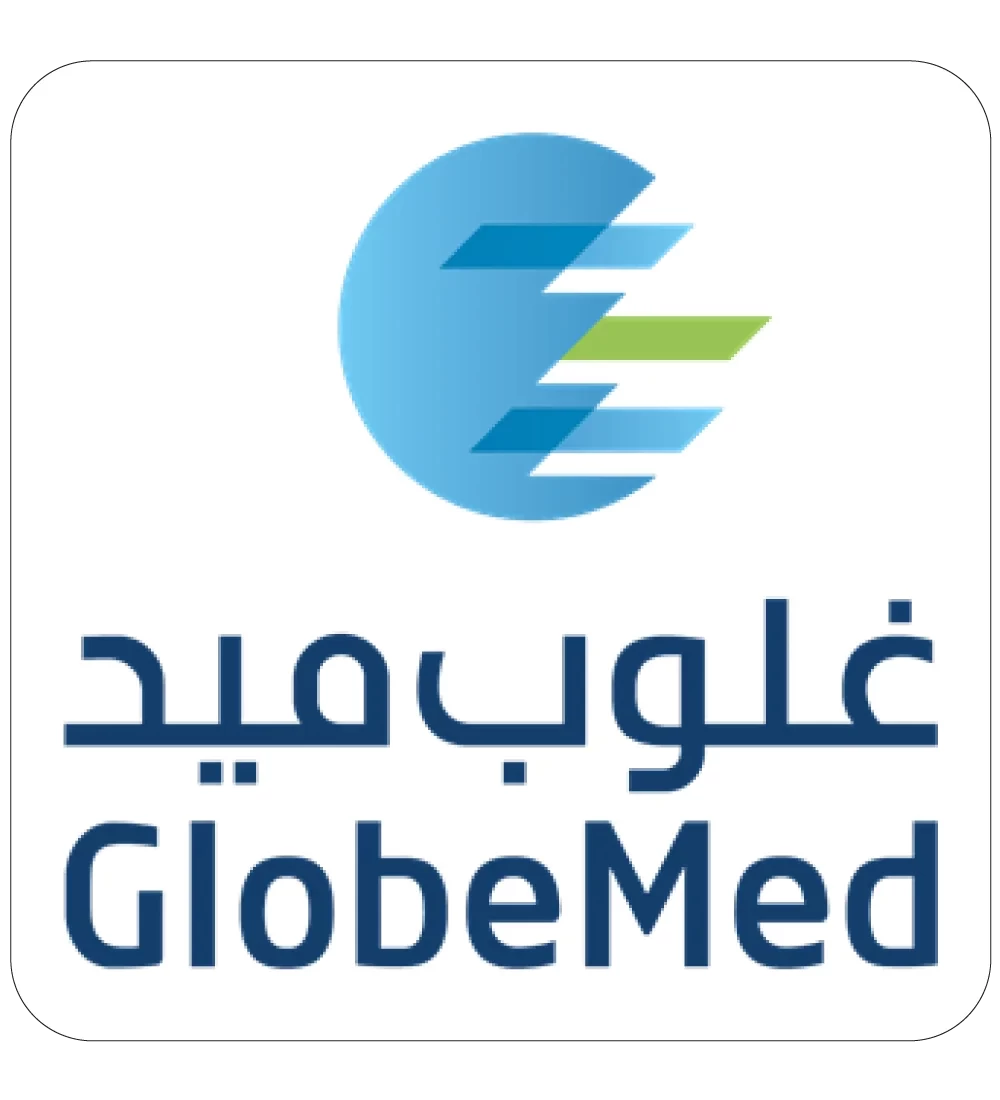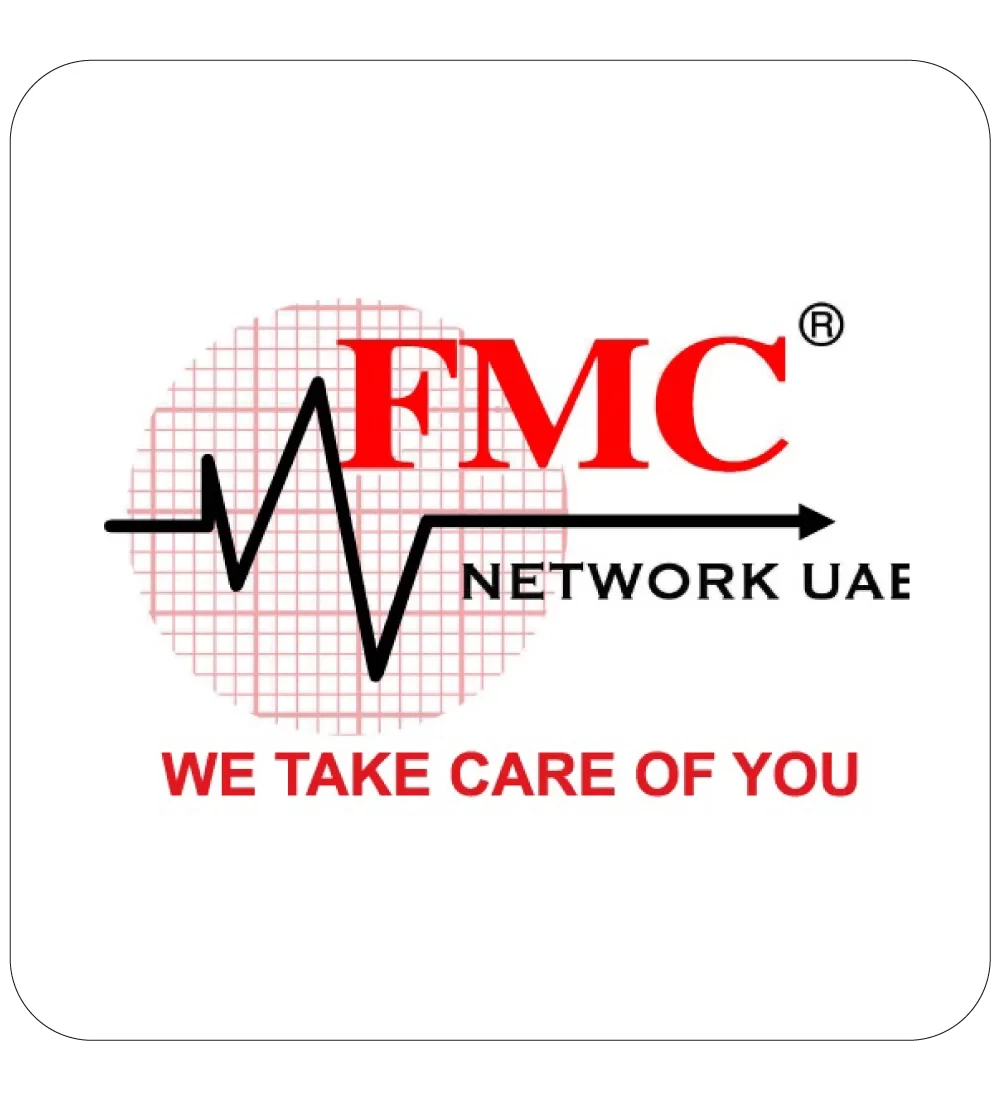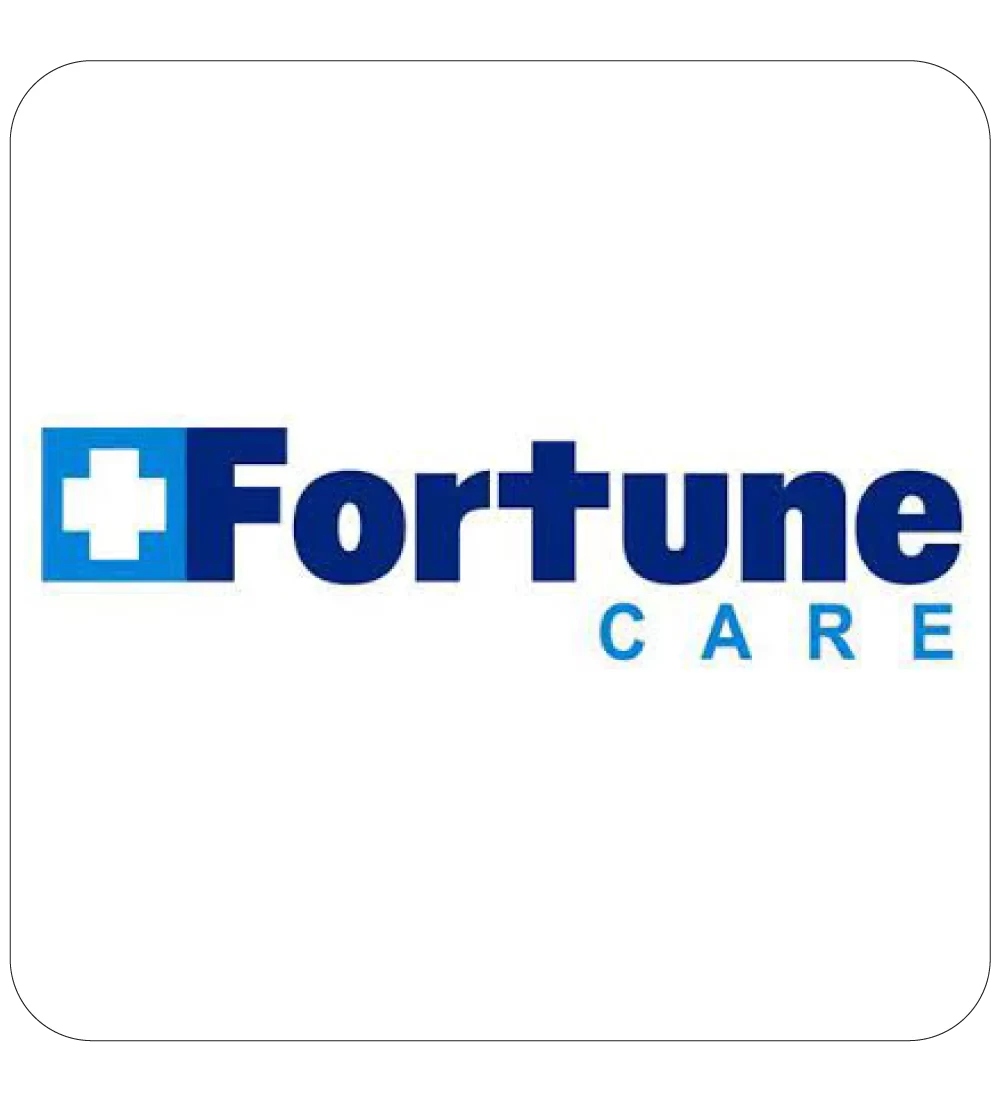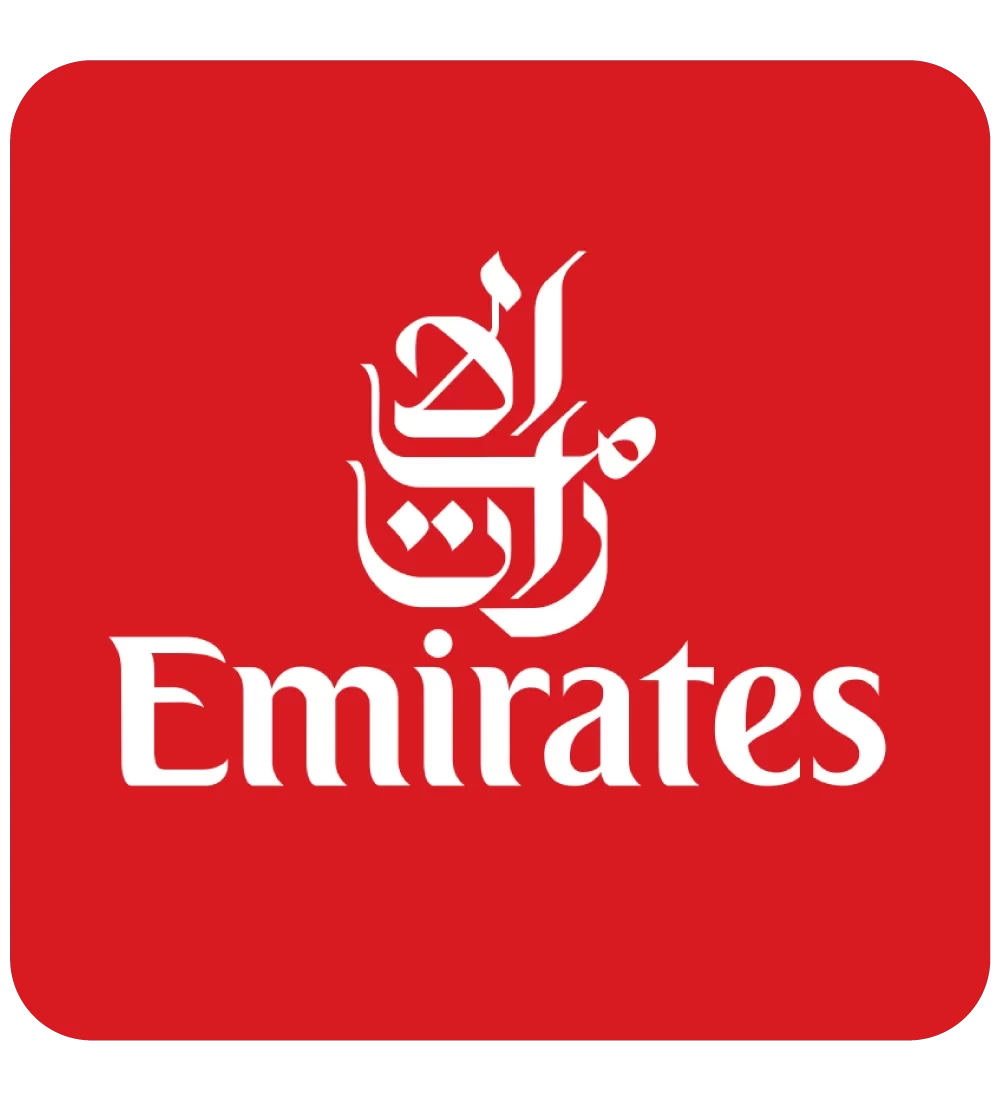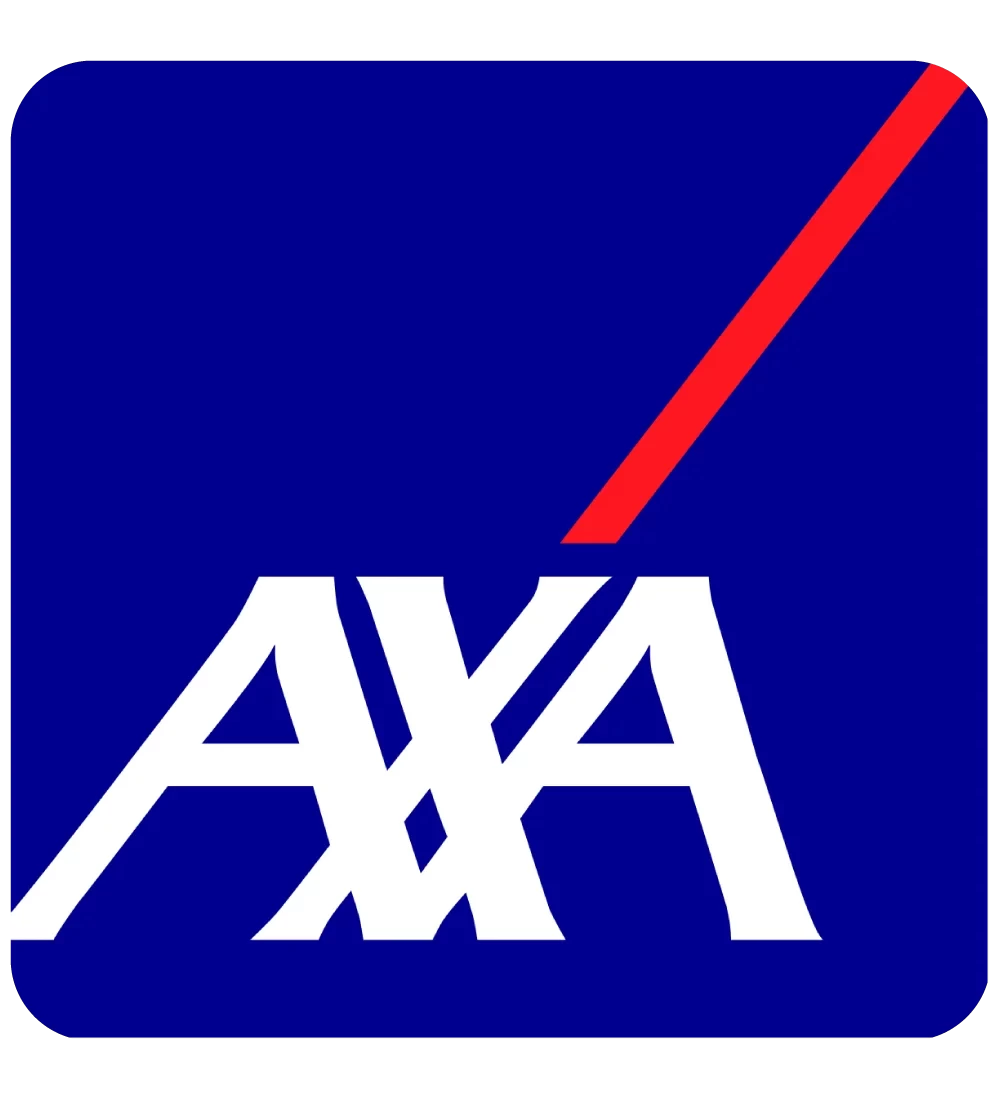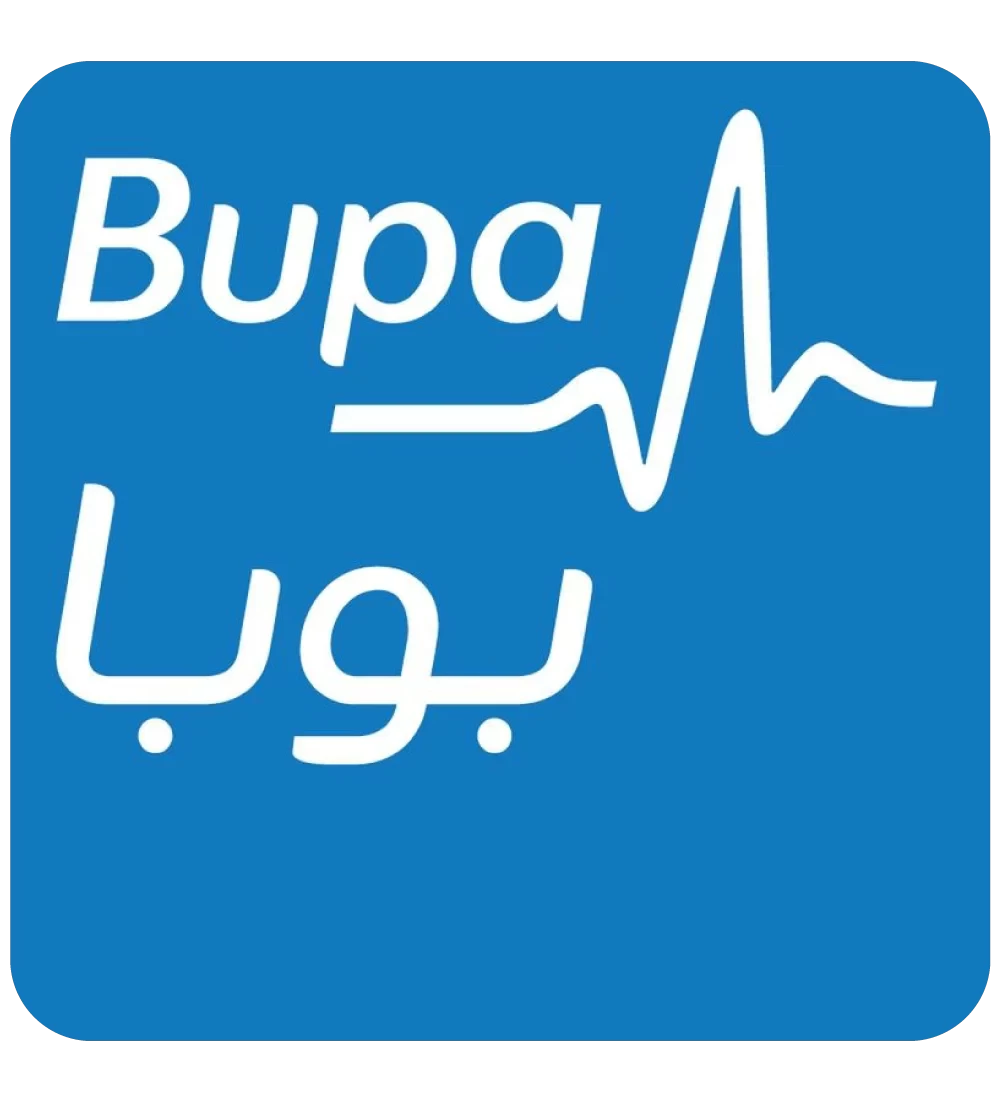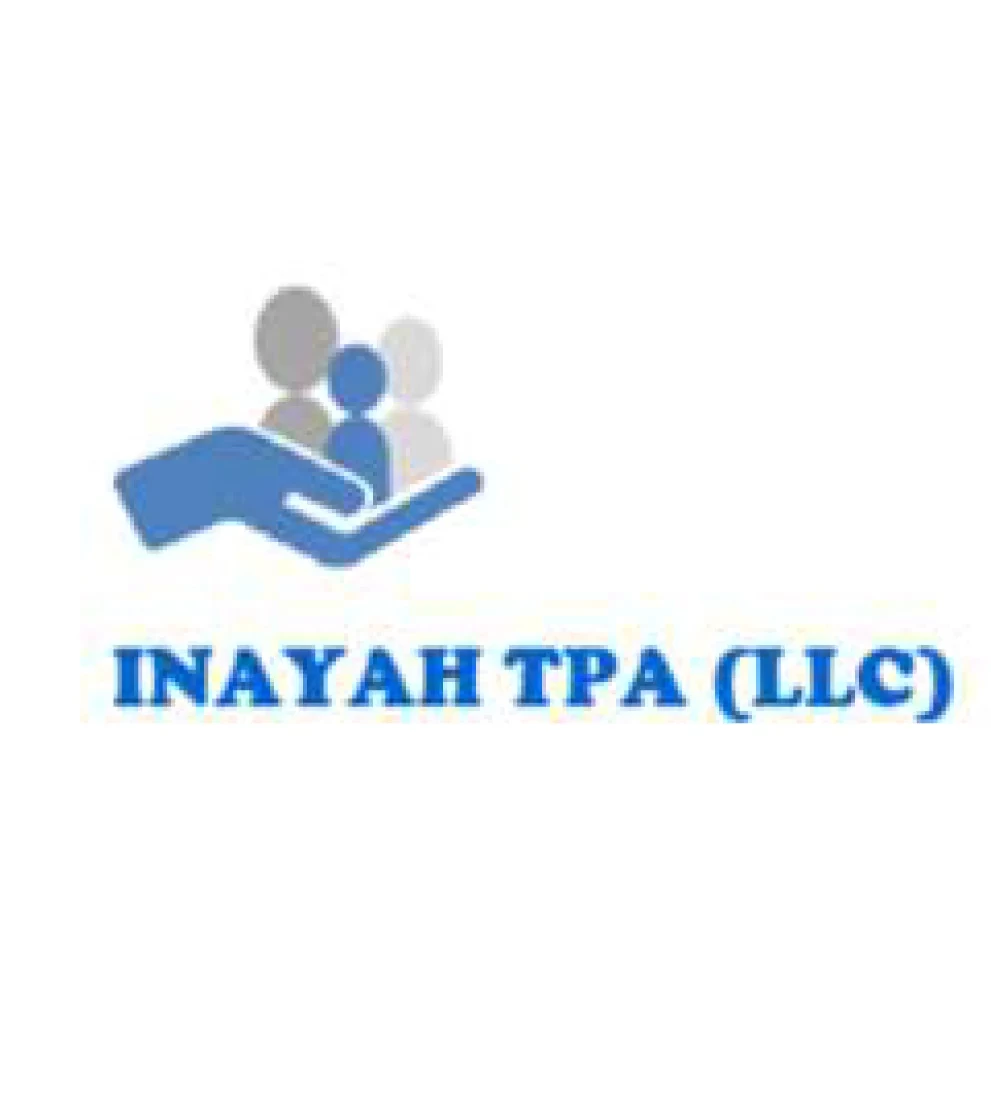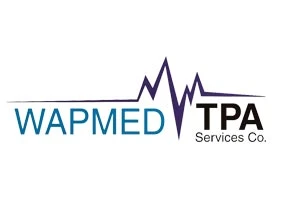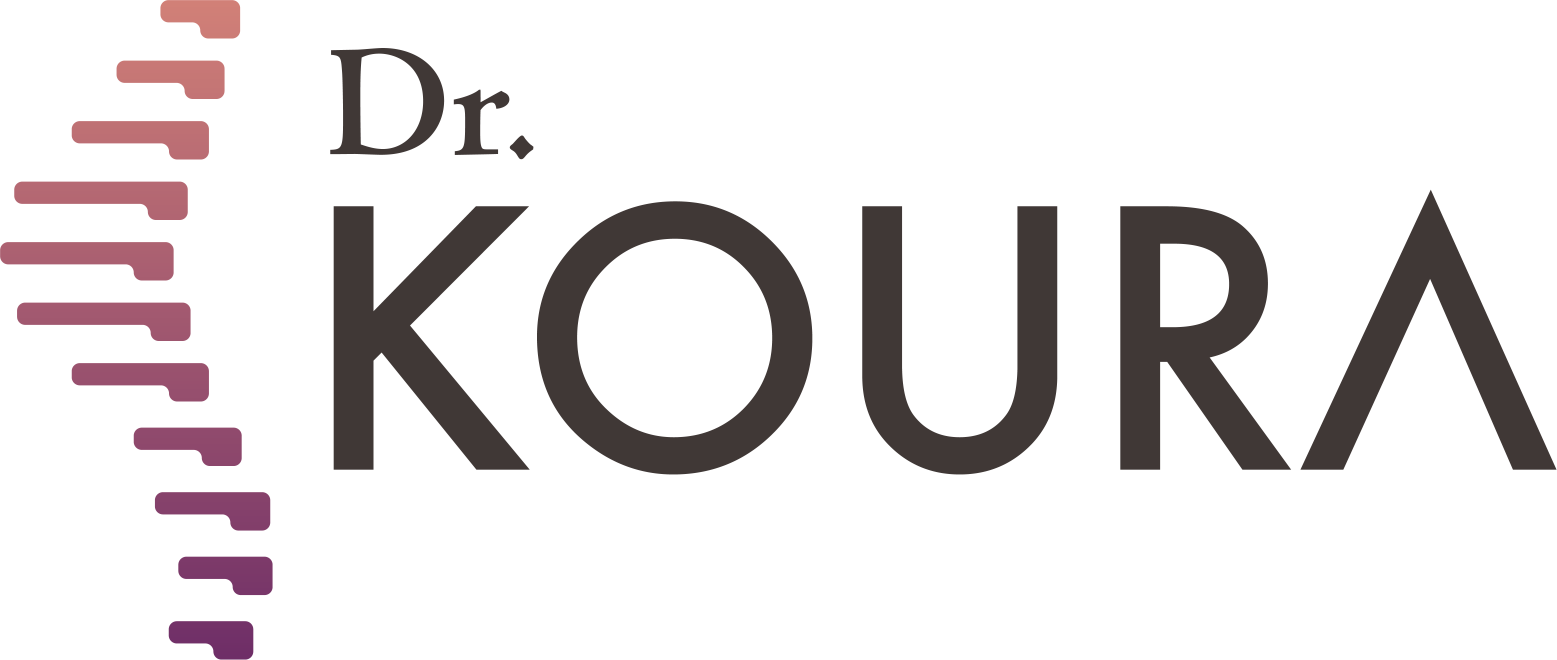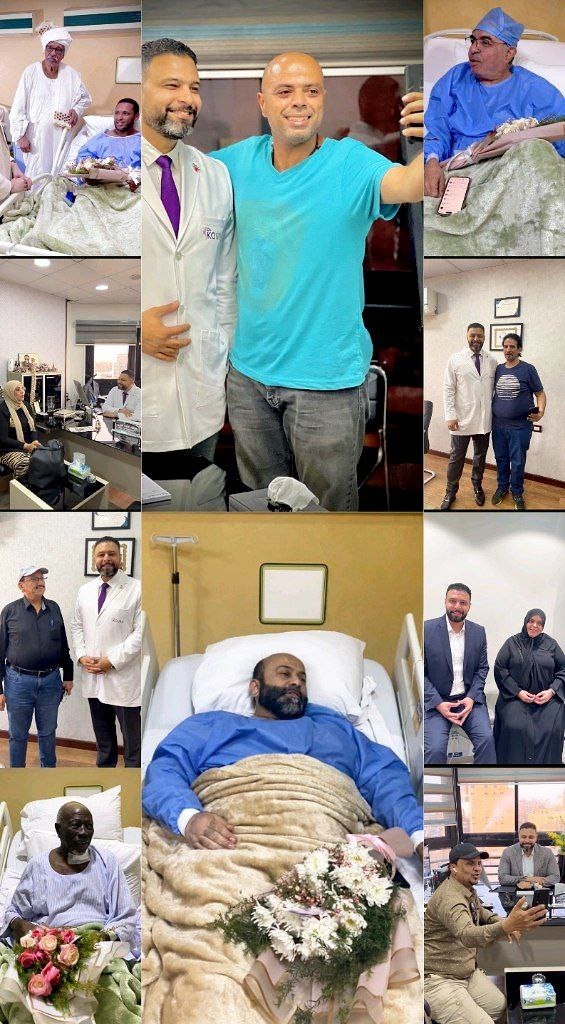
To see patients' reviews
Click hereTreatment for cervical disc herniation without surgery
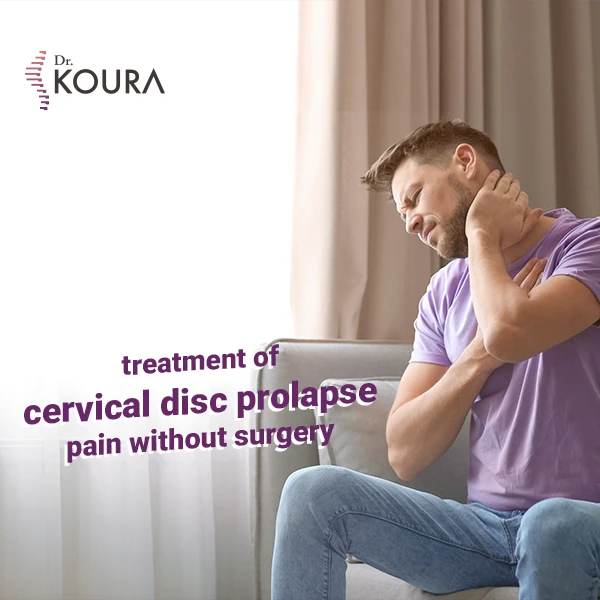
Symptoms
- Neck Pain
- Shoulder Pain
- Headache
Neck pain is a very common problem that can most people at least once in their life, Most neck pain goes away by itself within days. However, if prolonged, you should seek a doctor’s advice.
Symptoms related to neck pain:
Neck pain usually refers to shoulders or arms. It can cause headache, dizziness, arm numbness or weakness.
Causes of neck pain:
- Muscle tension.
- Muscle strain.
- Whiplash injury.
- Prolonged driving or use of computer and mobile phone.
- Poor posture in sitting or sleeping.
- Cervical disc herniation.
- Cervical spondylosis.
When should I call Koura Clinics?
You should call us if:
- Pain is severe.
- Pain is prolonged.
- Pain is getting worse.
- You have numbness in your arms or legs.
- You have weakness in arms or legs.
- You have difficulty controlling your bladder or bowel.
How is neck pain diagnosed?
After examination in our clinic, we may request some investigations such as:
- Blood tests
- X-ray
- CT scan
- MRI
Treatment options of neck pain:
There are basic steps to treat mild neck pain:
- Keep a proper posture.
- Stay active.
- Avoid carrying heavy objects.
- Avoid prolonged sitting, standing or prolonged use of mobile phone and computer.
- If the pain is still persistent, please do not hesitate to call us and reserve your appointment.
Treatment options in Koura Clinics:
After examination and checking labs results and MRI images, we decide one or more of these options according to your condition:
Medications (analgesics, anti-inflammatory drugs and muscle relaxants….)
Physiotherapy sessions.
Non-surgical interventions (our main scope of interest)
Surgery (which we often try to avoid) usually if there is weakness or severe compression of nerve roots.
Now we will discuss the non-surgical interventions available for treatment of neck pain and its related conditions.
Some important tips:
Interventions are done in the operation room/ Cath-lab.
All interventions are done under sedation and local anesthesia.
Advantages of non-surgical interventions:
- Patients are discharged from hospital 1 hour after procedure.
- Treatment of multiple disc levels.
- Safe and effective.
- Rare side effects.
- Early anticipated return to normal activity.
- Cervical epidural injection.
- It’s a non-surgical procedure that used to alleviate neck pain caused by many conditions. For example, cervical disc herniation, osteoarthritis of cervical discs and cervical canal stenosis resulting in inflammation of cervical nerve roots.
- The intervention takes around 5 minutes.
Cervical nerve roots radiofrequency:
A non- surgical procedure used mainly when there is referred pain to your arms resulted from cervical disc herniation or spinal stenosis that led to cervical nerve roots inflammation or irritation.
It takes around 30 minutes.
Cervical facet radiofrequency:
A non-surgical procedure similar to that of nerve root radiofrequency but it works on cervical facet joints inflamed by cervical facet arthropathy, osteoarthritis or degeneration.
Procedure time is 30 minutes.
Percutaneous Laser Disc Decompression:
A non- surgical procedure used for treatment of small cervical disc herniation. A needle is introduced inside the disc for co-ablation of its nucleus to reduce nerve root compression and alleviate the inflammation.
Procedure time is 30 minutes.
Minimally-invasive Disc-FX:
A non-surgical procedure for treatment of contained cervical disc herniation moderately compressing a nerve root. It’s inserted inside the disc through a needle and adequately removes a small part of disc tissue.
Disc-FX is a very advanced techniques that you can hardly find in any pain clinic in the middle east other than Koura Clinics.
Procedure time is about 40 minutes.
Why Choose Dr. Mohamed Koura ?
Simply because he is the best doctor in his feild. He stays updated on the latest treatment technologies through his participation in various international conferences with leading foreign doctors and experts. Finally, and most importantly, Dr. Mohamed Koura is the best doctor in Egypt and the Arab world, possessing 12 non-surgical techniques for treating spinal and joint problems. He was the first to introduce modern interventional treatment techniques in Egypt & the Middle East and is the only one using the disc fx technique to treat spinal pain.
Certainly not, some cases must be treated surgically, and the most appropriate technique for the patient is determined through a medical examination and the presence of imaging studies.
No, it is necessary to make a reservation through a phone call or social media messages.
There are no risks or side effects associated with non-surgical pain interventions.
The patient needs only 3 to 4 days before they can travel comfortably, and the hospital stay does not exceed 6 to 8 hours.
A condition cannot be accurately assessed and a proper medical diagnosis made without a medical examination and recent imaging studies.
Yes, there are several payment methods available through Visa or electronic wallets by making a reservation on our website.
Certainly, obesity is one of the causes of knee osteoarthritis.
Radiofrequency activates the nerve and does not cause any damage to it.
Non-surgical interventions are a definitive treatment for some cases and pain relievers for other cases, which is determined by the doctor through a medical examination.
If the herniated disc is fully treated, there is a possibility of it reoccurring in some cases, such as not following the doctor's prescribed instructions after the intervention, experiencing an accident, or making a sudden wrong movement like lifting heavy objects.
The entire disc is not removed due to the presence of several risks and it may exacerbate the condition. Only the protruding part that causes pain is removed.
This cannot be done with radiofrequency, but it is performed through other techniques that Dr. Koura conducts.
The success or failure of non-surgical interventions cannot be judged through radiographic imaging because these procedures involve making subtle changes to critical parts to address the issue. Consequently, they do not produce significant changes to avoid potential complications in the future or damage to the spine and joints, which is our primary goal.
Spinal stenosis does not typically cause sciatica. In most cases, disc herniation is what may lead to sciatica. This does not necessarily mean that a patient with sciatica will also have spinal stenosis.
Sciatica may return if the patient does not adhere to the medical instructions provided by the doctor or in the event of an unexpected accident.
Lower back pain can result from several causes, including a herniated disc, nerve compression, muscle strain, or chronic spinal injuries. Lifestyle factors such as prolonged sitting, muscle weakness, and excess weight can also exacerbate the problem.
A life without pain without surgery
Once you book with Dr. Koura
Get rid of pain with just one call.. Book your appointment now with pain Management consultant Dr. Koura.
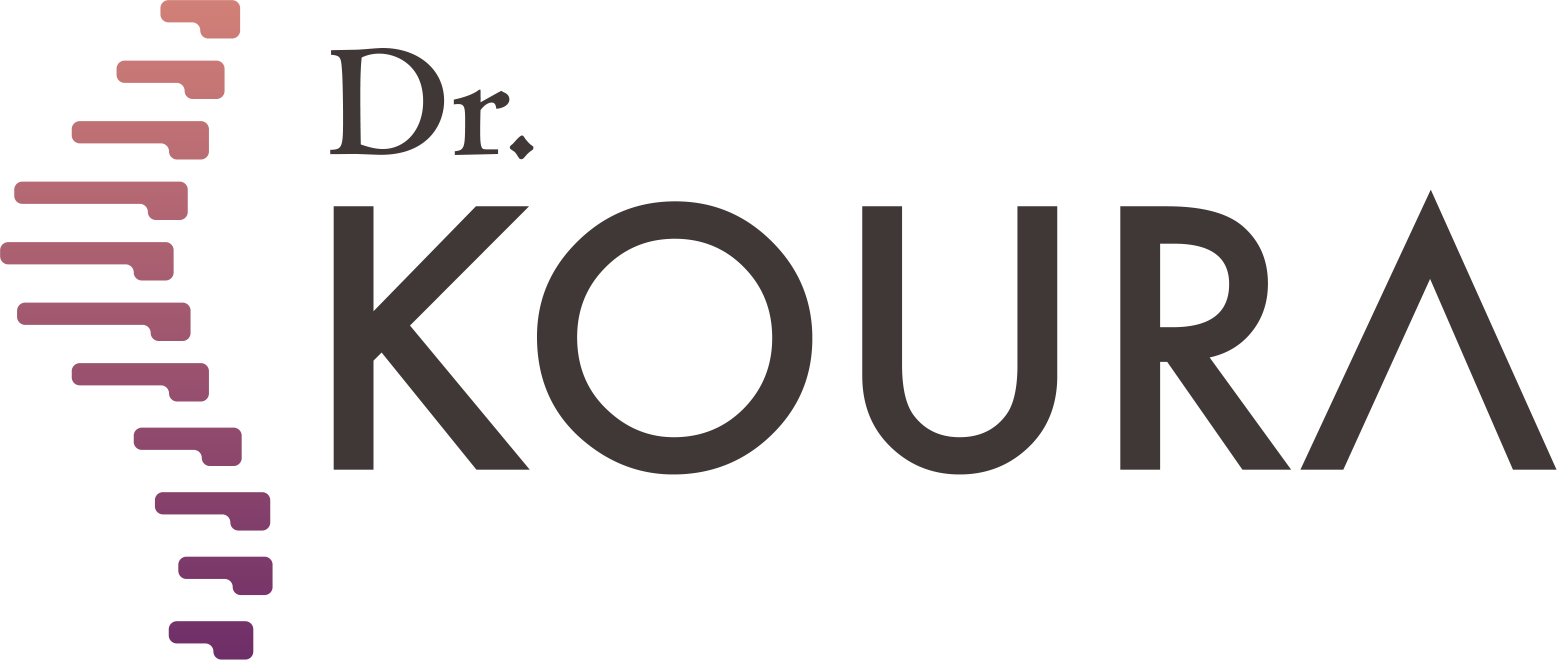





-webp.webp)




-webp.webp)


